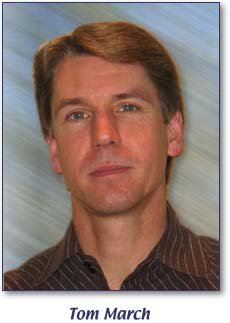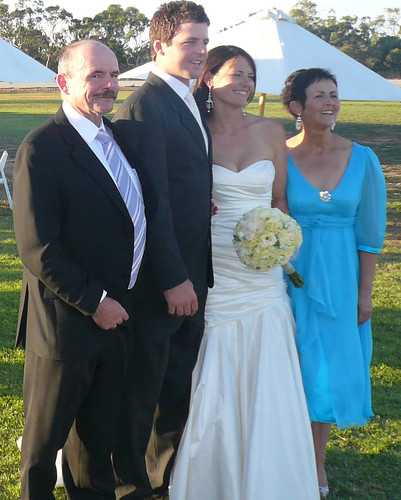Wednesday, October 04, 2006
Teaching with Technology wiki
What I have done is used a wiki to write the story of what we have been doing over the last term on our Minibeast project which investigates the use of Curriculum Framing questions and ICT in the classroom.
It will always be a work in progress I think but is ready now to be added to my blog. It not only contains stories and ideas that we used but also has some short videos of teachers talking about the process and their experiences.
Sunday, October 01, 2006
Tom March Leading the way

I admire the work that Tom March does. I have been privileged to hear him a number of times and he is a gifted and entertaining speaker but that's not what really matters. What matters is the message that he sends to us as educators. Above all I think, in my humble opinion, his heart is in the right place.
He asks us
How do educators help our students make truly satisfying choices? We can start by taking our cues from Seligman, James, and Harvey. We can "hand students over to themselves." We can engage them in the joys of learning, of making meaning, of being part of something larger than themselves, of testing themselves against authentic challenges. We can shift them from passivity and consumption to action and creativity. And believe it or not, the New WWW can help us.
Just as the Web has empowered students to undermine pointless, rote "research assignments" through copy-and-paste masterpieces, the New WWW shifts learning power to the students themselves. When the world of information explodes beyond what one head can hold, who decides what gets into that head? When students can demonstrate their learning in a persuasive essay, a sardonic blog, a moving short film, a robust wiki entry, or a humorous podcast, why would we demand deadening conformity? The New WWW may do us all a favor and put assembly-line education out of its misery.
Tom March (2005) http://tommarch.com/writings/newwww.php
Today I used started a conversation with my Year 7 students about learning. I showed them a short video that Chris Betcher had added on his Crowded Wisdom blog The video challenges us to think about the schools of yesterday and today and asks basically What is different?
What is different about kids as learners and is that reflected in the way schools are run?
We had an interesting conversation about what learning actually is. What is hard about it? Why do we think? Some of the kids said we don't want to think, school is boring, they don't know why they have to learn. Some even said the video was saying that we don't need to learn traditional subjects like maths and english.
But to me it wasn't what they were saying that was important it was that they were actually forming an opinion, they were actually thinking about their own thinking.
My challenge as a teacher is to find ways and means to make them want to learn, to find things that have real meaning to them.
But also to teach in a way that relates to the world they live in and that recognises that this world is different, is rapidly changing.
They then did a short online quiz that Tom created that asked a big question "What do you think is the most important thing about the internet? " It lead them to understand that learning not just about accumulating knowledge, it's about understanding and using that knowledge .
It was a really valuable exercise and one that I want to work more with over the next few months. Hopefully we will end up with some persuasive and creative ideas that really get our kids to THINK.
The Web 2.0 community
The last two weeks have been our Victorian school holidays and I'm a little embarressed to say that I have taken very little advantage of the usually beautiful spring weather that we have in September because I have been glued to my computer either catching up on projects that have looming deadlines or Skype-ing (Skypename-annieb3525) with other 'online geeks' or as I prefer to think of them, new online friends such as Chris Betcher who is an Australian teacher currently on a teacher exchange in Canada and David Westaway a teacher in Ballarat, Australia.
But I guess the thing that I think is key is not even how we use them but how we educate our kids to discriminate and evaluate exactly what is out there.
To that end one of the things I am participating in is a podcast with Chris which you can hear by going to this link.

 Flickr/annieb3525
Flickr/annieb3525 Facebook/Anne Baird
Facebook/Anne Baird Twitter/annieb3525
Twitter/annieb3525 Del.icio.us/annieb3525
Del.icio.us/annieb3525 GMail/Anne Baird
GMail/Anne Baird coComment/annieb3525
coComment/annieb3525 Technorati/annieb3525
Technorati/annieb3525

